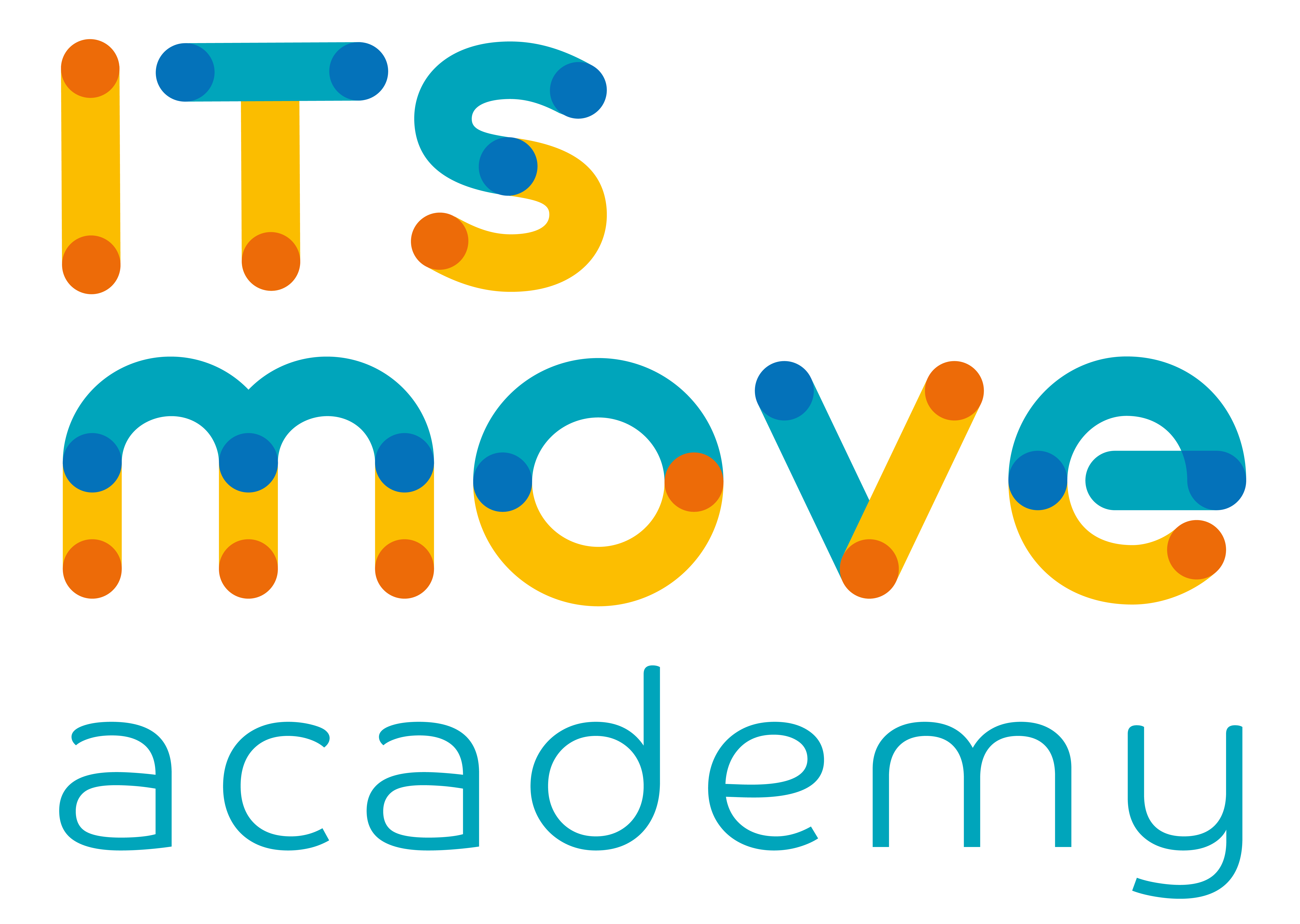After graduation, many students are faced with one of the most important choices for their future: to continue their studies with a university degree or to opt for an alternative path, such as a ITS post diploma. University is the traditional route, but in recent years more and more young people are considering a concrete, professional alternative that can open the doors to the world of work for them. Both options have specific advantages and meet different needs. But what really distinguishes a Higher Technical Institute from a university?
The ITS are two-year or three-year courses of technological and technical specialisation post diploma. They are designed to prepare professionals in highly employable sectors, such as logistics and mobility, trade, mechatronics, digital, Industry 4.0 and automotive.
What makes ITS a very interesting option is the strong link with the business world: the courses are structured in collaboration with local companies and include a balanced mix of theory, workshops and in-company internship (at least 30% of the total number of hours). This heterogeneous approach enables students to enter the labour market quickly and with targeted skills.
On the other hand, theuniversity remains a traditional academic course of study that aims to provide a high-level theoretical and critical preparation. Universities offer a wide range of courses, many of them more generalist or research-oriented. It is also a longer experience (at least three years for a Bachelor's degree, five for a Master's degree), with less direct contact with the world of work in the initial phase. Although university offers ample opportunities for cultural and intellectual growth, the time to enter the labour market can be longer.
Why choose a postgraduate ITS?
An ITS is the ideal choice for those who want a quick and qualified entry into the world of work. Among the main advantages:
- Practical trainingITS courses are designed to be operational from day one, with workshops, project work and business technology;
- Direct contact with companiesteachers and tutors often come from the world of work, and the courses are built together with local companies;
- Concrete professional outletsITS graduates find employment in more than 80% of cases within one year, often in the same company as the internship;
- Short and intensive coursestwo years of study, with the possibility of obtaining a nationally recognised qualification that can be used throughout Europe;
- Low coststuition fees are generally lower than at university, with numerous scholarship opportunities;
- Access to high-demand technical professionalssuch as: logistics technician, supply chain specialist, sales technician, digital marketing assistant, mechanical production technician or sustainable mobility technician.
But then: ITS or University? There is no single answer to the question, it all depends on the type of career you want to pursue. There is no absolute 'best' choice, but there is a choice best suited to one's aptitudes. University remains fundamental for professions that require a specific academic qualification or for those who wish to work in research. The ITS, on the other hand, is perfect for those who prefer to learn by doing, want to quickly enter the productive world and aim for high-level operational skills.
It is important to remember that one does not exclude the other. Many students choose to combine the two paths: there are those who complete an ITS and then go on to university, and those, on the other hand, who decide to attend an ITS after graduation to acquire more practical and specific skills.
ITS Move Academyfor example, offers targeted training in the fields of logistics, automotive, digital commerce, supply chain and software development. The courses are built in close cooperation with companies, updated on the real needs of the market, with a pragmatic approach that guarantees a high employment rate and the possibility of entering the world of work with immediately spendable skills.

Author of the article
ITS MOVE - Editor



